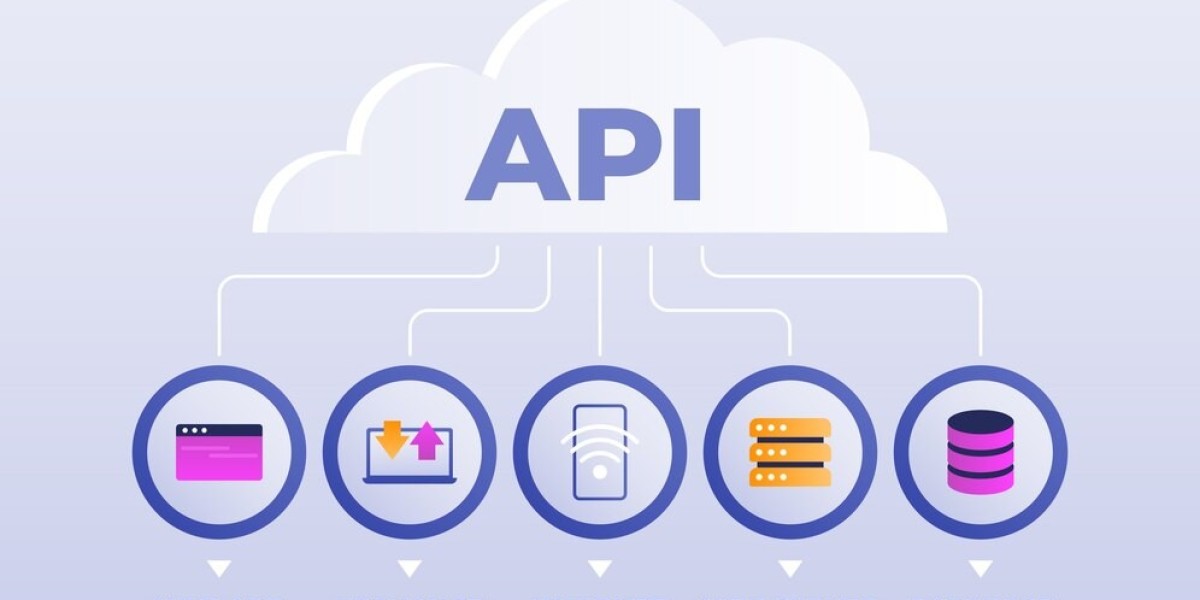Medical billing services play a crucial role in the healthcare industry by managing the complex process of submitting and following up on claims with health insurance companies. In New York State, evolving healthcare regulations and legislative measures significantly affect the operations of these services. The impact of state laws on medical billing services touches on compliance, revenue cycle management, patient care, and overall healthcare provider operations. Understanding these effects is essential for billing service providers and healthcare professionals to navigate the regulatory landscape efficiently.
- State-Specific Compliance Requirements
New York State imposes stringent compliance requirements that medical billing services must adhere to. These include regulations from state-specific healthcare programs such as Medicaid, as well as broader state laws designed to protect patient data and ensure the transparency of billing practices. The two major compliance frameworks that significantly impact medical billing services are:
New York Medicaid Regulations: Medical billing services dealing with Medicaid must stay updated on changes in Medicaid reimbursement policies and coverage requirements. Medicaid in New York is jointly funded by the state and federal government, but the state enforces unique guidelines around what services are covered, how they are billed, and how claims are processed. Failure to comply with these regulations can result in denied claims, financial penalties, or even exclusion from the Medicaid program.
HIPAA and NY State Data Protection Laws: Although the Health Insurance Portability and Accountability Act (HIPAA) is a federal law, New York has enacted additional regulations to protect patient health information. Medical billing services must ensure that patient data is handled securely, both in terms of digital storage and transmission. New York’s SHIELD Act, for instance, imposes additional data security requirements on businesses handling personal information, including healthcare data.
- New York’s Surprise Medical Billing Law
One of the most significant legislative changes affecting medical billing services in New York is the state’s law against surprise medical billing. Signed into law in 2014 and updated with additional protections in recent years, this law was designed to protect patients from unexpected bills when they receive out-of-network care without their knowledge. The law impacts medical billing in the following ways:
Transparency Requirements: Healthcare providers and billing services are required to provide clear information to patients about whether services will be covered by their insurance or if they will face out-of-network charges. This transparency affects the way billing services handle patient interactions, claims submissions, and the communication of potential out-of-pocket costs.
Independent Dispute Resolution: The law also established a process for independent dispute resolution (IDR) to settle billing disputes between providers and insurance companies. Medical billing services are now involved in preparing documentation and handling disputes for claims submitted to the IDR process, which can increase administrative overhead and extend the time it takes to collect payment.
- Changes in Reimbursement Models
Recent healthcare reforms in New York, particularly those targeting Medicaid and the broader insurance market, have led to changes in reimbursement models that significantly affect medical billing services. New York is moving toward value-based care, meaning providers are increasingly reimbursed based on patient outcomes rather than the volume of services provided. This shift has a direct impact on billing practices.
Value-Based Payment Models: Billing services must now be able to handle more complex payment structures that are tied to quality metrics, patient satisfaction, and overall outcomes. This requires sophisticated systems for tracking patient data, care outcomes, and payment adjustments based on performance metrics.
Medicaid Managed Care: A growing number of Medicaid beneficiaries in New York are enrolled in managed care plans, which impacts the way claims are submitted and processed. Billing services must ensure that they are compliant with the unique requirements of Medicaid managed care plans, which often differ from traditional fee-for-service models.
- New York State's No-Fault Insurance Law
New York is a no-fault state for automobile insurance, meaning that if a person is injured in a car accident, their own insurance pays for medical expenses, regardless of who was at fault. This law has significant implications for medical billing services, especially those that handle claims for medical practices that treat accident victims.
Billing Complications: Medical billing services must be well-versed in the nuances of no-fault insurance claims, as they involve different processes and documentation than standard health insurance claims. The timeline for claim submission is also tighter, requiring medical billing services to process these claims quickly and efficiently.
Coordination with Health Insurers: In some cases, health insurers may be secondary payers when no-fault insurance coverage is exhausted. Medical billing services must coordinate between no-fault insurers and health insurance companies to ensure proper payment, which can increase administrative complexity.
- Increased Focus on Patient Billing and Transparency
New York State laws also place a greater emphasis on transparency in patient billing, requiring providers and billing services to offer detailed explanations of charges, insurance coverage, and patient responsibilities. For example, the state’s "Patient's Bill of Rights" mandates that patients must receive information about their expected out-of-pocket costs before receiving services.
Improved Patient Communication: Billing services must now work closely with healthcare providers to ensure that patients receive clear, timely explanations of their bills. This includes pre-service estimates, explanations of insurance coverage, and itemized bills. The need for clear communication can slow down the billing process but is crucial to maintaining compliance with state regulations.
Patient Assistance Programs: New York has expanded access to financial assistance programs for low-income patients, and billing services are often responsible for guiding patients through the process of applying for these programs. This adds another layer of administrative work, requiring billing services to stay up-to-date on the latest eligibility requirements and application processes.
- Telehealth and Remote Services
The COVID-19 pandemic spurred a massive increase in the use of telehealth services across New York State. In response, the state passed several laws aimed at expanding access to telehealth and ensuring that providers are reimbursed fairly for remote services. These laws affect medical billing services in several ways:
Telehealth Billing Codes: New York requires that specific billing codes be used for telehealth services, and billing services must ensure that claims are submitted with the correct codes to avoid denials. Additionally, different insurance providers may have different reimbursement rates or policies for telehealth services, making accurate billing more complex.
Cross-State Telehealth Services: Some providers offer telehealth services to patients outside New York State. In these cases, billing services must navigate not only New York’s regulations but also the laws of the states where the patients are located, which can complicate the reimbursement process.
Conclusion
The evolving legal landscape in New York State presents both challenges and opportunities for medical billing services. Compliance with state-specific regulations, adapting to new reimbursement models, and maintaining transparency with patients are all critical to the success of medical billing operations. Billing services that can stay ahead of regulatory changes, leverage technology to streamline processes, and provide clear communication with both providers and patients will be well-positioned to thrive in New York's healthcare market. As state laws continue to evolve, medical billing services must remain agile and responsive to ensure they meet the needs of healthcare providers and patients alike.
Explore top medical coding services in New York, offering accurate and compliant coding for healthcare providers. Ensure optimized billing, faster reimbursements, and adherence to state and federal regulations.



